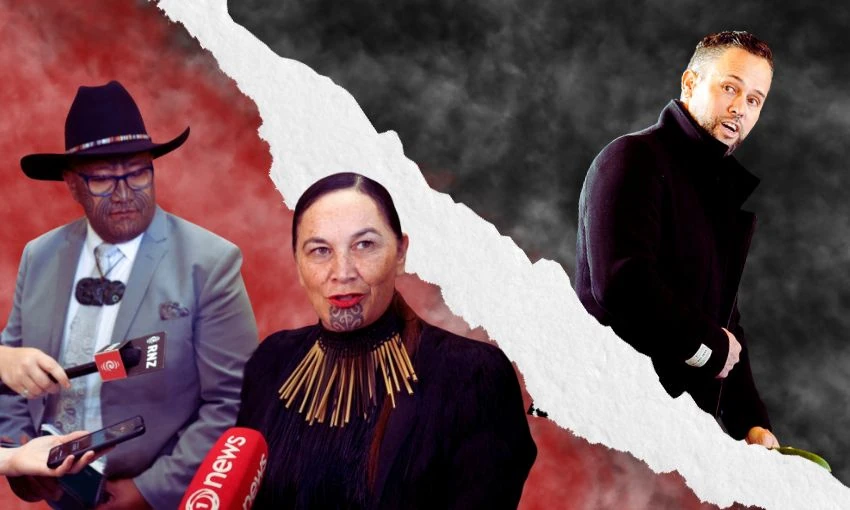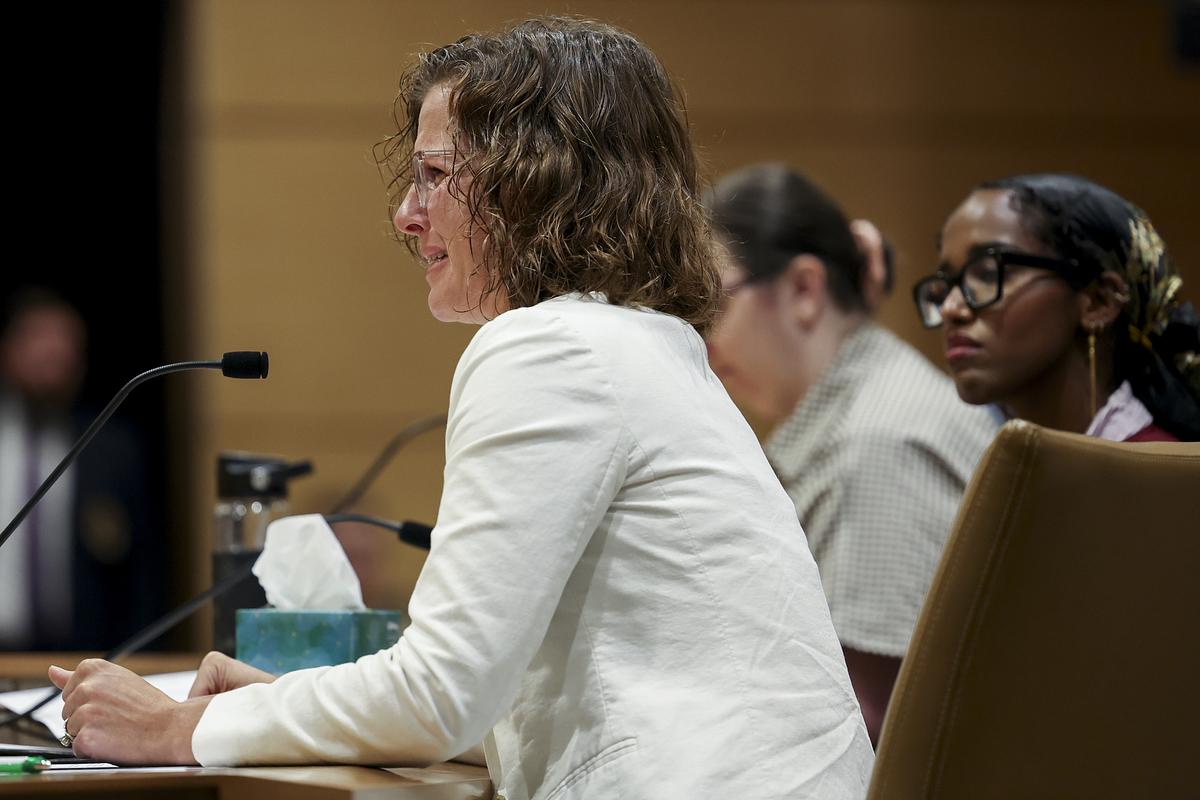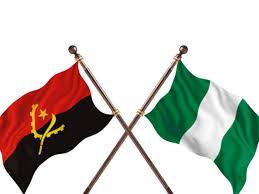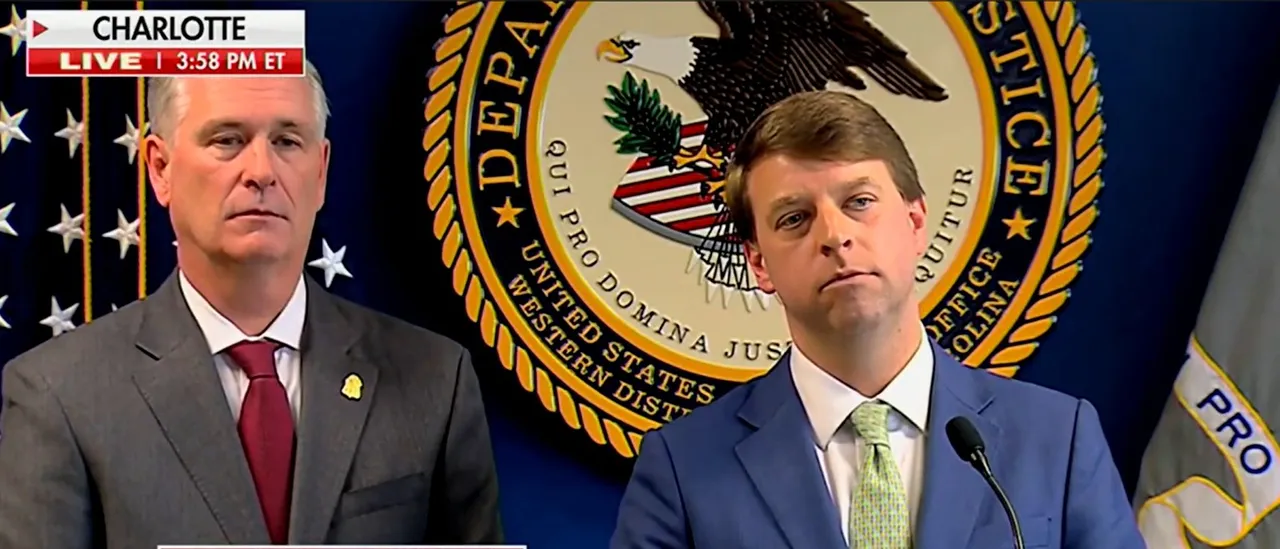By Lyric Waiwiri-Smith
Copyright thespinoff

The unfortunate mix of a rogue MP, an eyebrow-raising role switch, rumbles among the old guard and stand-offs with the media means Te Pāti Māori will have to do some soul-searching if they want to be kīngi-makers at next year’s election.
Off the back of a landslide win in the Tāmaki Makaurau byelection, Te Pāti Māori should be spending this September feeling particularly smug. The famously anti-parliament party has retained a seat in parliament it desperately wanted to protect – proving it can transfer feet from the historic Toitū te Tiriti hīkoi into votes on the ballot – and a poll suggested it could be powerbroker in the 2026 general election. But as the old whakataukī goes, Māori walk into the future with our eyes fixed backwards – if the party continues to let itself be marred by old-school attitudes, leading a progressive Aotearoa might be out of reach.
Two weeks on from Te Pāti Māori’s initial “wholehearted” apology over a much-criticised social media post by its MP Tākuta Ferris, who said his mind had been “blown” by “Indians, Asians, Black and Pākehā campaigning to take a Māori seat from Māori”, the party is still having to clean up the raruraru. On Tuesday last week, some five days after the apology, Ferris posted an eight-minute Instagram rant in defiance of his co-leaders’ stances, taking aim at what he described as Labour’s attempt at “homogenising Māori as a minority” and telling MP Willie Jackson he “doesn’t give a crap” that his comment may have come off as racist.
Considering the emphasis on tauiwi support alongside tangata whenua in the Toitū te Tiriti movement, with which the party is closely aligned, as well as the party’s emphasis on tangata whenua finding solidarity with Palestinians in Gaza in the face of colonisation, it’s a strange hill for Ferris to die. On the one hand, there’s a real argument that Ferris’s comments, while pretty badly put, reflected an honest desire to protect Māori-specific interests in a Māori-specific space. And on the other hand, if the sentiment only resonates with Māori whose perception of immigration has been warped by the impacts of colonisation, the argument won’t have been worth it at all.
Predictably, Ferris’s doubling down wasn’t the end of it. On Monday this week, Te Pāti Māori president John Tamihere told Waatea News that he agreed with the “substance” of Ferris’s posts, with the comparison that non-Māori supporting Māori candidates campaigning in a Māori seat is pretty much like supporting colonisation. “I don’t go over to the country like the British Raj and destroy India, I don’t wage the opium war as the British did with the Chinese, I don’t place all people from Africa into slavery like white Europe did,” Tamihere said.
While this statement is a farce – and offensive in its own way to compare the likes of Indian New Zealanders showing solidarity with Māori with the African slave trade – it is classic Tamihere. The former Labour minister isn’t known for mincing his words, and despite having deep roots within Te Pāti Māori (his daughter, Kiri Tamihere, is married to Waititi), The Spinoff understands there are some growing grumblings within the party’s membership over the old guard – though Tamihere has already signalled his intention to run as a candidate in the Labour stronghold electorate Kelston next year.
When asked, again, to respond to Ferris’s comments in parliament on Tuesday, Waititi chose to answer questions from reporters in te reo Māori, in acknowledgement of Te Wiki o te Reo Māori. This meant some outlets missed out on being able to immediately report Waititi’s response as quickly as those who have reo-speaking reporters, such as RNZ, TVNZ and Whakaata Māori, though Waititi’s sentiment remained the same: “Kāre mō te tautoko i ngā whakatakoto kōrero a Doc, engari kua timatahia ngā wānanga ki te taha o ngā iwi taketake o te wā” – “we’re not supporting what Doc [Tākuta Ferris] has said, but we’ve started discussions with indigenous peoples” (ie the communities mentioned in Ferris’s post).
There’s a lot that can be said about newsrooms not having enough reo-speaking reporters, and a whole lot more to be said about controlling a narrative and refusing to properly front up. While Te Pāti Māori’s MPs are free to speak whatever language they please, cutting out a chunk of the public and mainstream media will only inflame tensions between the party and outlets that have not-so-subtly called bullshit on claims that Te Pāti Māori’s Oriini Kaipara faced ambushes by the media on the byelection trail.
In the background, MP Mariameno Kapa-Kingi has lost her job as the party’s whip to Ngarewa-Packer, who held the role before Kapa-Kingi entered parliament in late 2023. Whether Kapa-Kingi just sucked at the job remains to be seen – her party’s co-leaders and fellow MPs have a bad habit of not being in the House, and they don’t always give the select committee a heads up when swapping MPs, which are some pretty key aspects of the role of the whip. But Kapa-Kingi is also one of the few Te Pāti Māori MPs who consistently shows up in the House, and if Ngarewa-Packer’s attendance doesn’t pick up, the former whip may end up assuming her old responsibilities anyway.
The results of all these intertwining issues thus far have included Labour leader Chris Hipkins sending out a warning that the party’s handling of the matter will “have a bearing” on the working relationship between the two, and Tamihere making a surprise appearance at parliament while avoiding media. Meanwhile, Te Pāti Māori has reiterated its commitment to working with anti-racism groups and other indigenous communities. Having to do so should feel like a kick in the guts for a party that sees itself as the quickest to call out racism within parliament and Aotearoa at large.
The threads in the Te Pāti Māori kete unravelling more day by day won’t give a whole lot of faith to supporters. And while Waititi and Ngarewa-Packer have made the party’s overall position on the Ferris scandal clear, their failure to effectively rein in the rogue MP and their possibly even more rogue president threatens the sincerity of their words, and of the party’s image. Protection of Māori rights by all means necessary, even if this means undermining the hopes of other indigenous groups, may be an interpretation of te ao Māori too deeply conservative to appeal to left-wing Pākehā and tauiwi voters wondering whether they now have to scrape the Toitū te Tiriti bumper sticker off their car.



